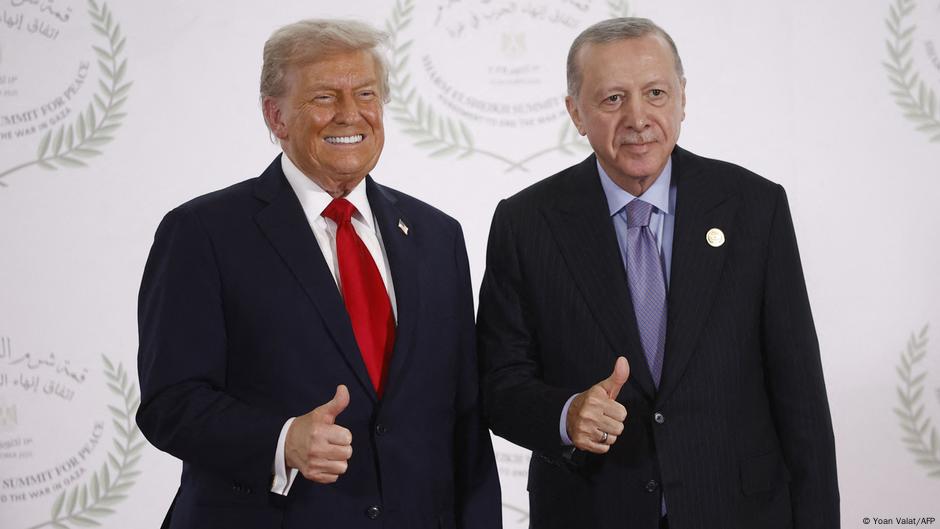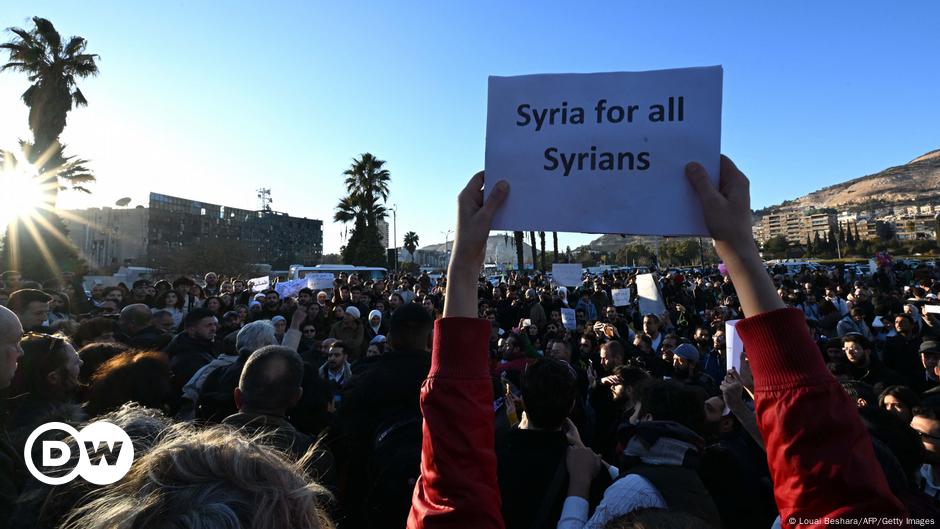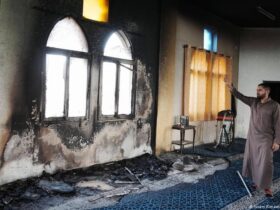It seems as if, at the moment, Turkish President Recep Tayyip Erdogan is the favorite of his US counterpart Donald Trump. Meeting the US President in the Oval Office can be a risky business – one never knows what kind of greeting one will receive – but that has not been a problem so far for Erdogan. Trump has been speaking in glowing terms about the 71-year-old Turkish leader for weeks.
Trump put the Turkish president on the front row at a meeting on the Gaza ceasefire held in the Egyptian resort of Sharm el-Sheikh on October 13. He was one of a handful of leaders to sign a statement in support of the Gaza ceasefire along with Trump and others from Egypt and Qatar. And Trump once again emphasized the sentiment that Erdoğan is his good friend.
Israel: No Turkish troops in Gaza
US Vice President JD Vance took a similar stance during his recent visit to Israel. There, he said that Turkey has so far played a very constructive role in resolving the Middle East conflict and this can be expected to continue.
This puts the US somewhat at odds with Israeli Prime Minister Benjamin Netanyahu and his cabinet. They have a highly negative opinion of Erdogan due to his perceived closeness to the Gaza-based terrorist group Hamas and his consistently harsh criticism of Israel’s conduct in Gaza.
This came to light at a joint press conference held by Netanyahu and Vance this week. When Netanyahu was asked what he thought about Turkish troops potentially becoming part of the “International Stabilization Force” in Gaza, Netanyahu responded: “I have very strong opinions about that. You want to guess what they are?”
It is true that Türkiye-Israel relations have deteriorated significantly in the last two years. Ankara has accused the Israeli government of carrying out genocide in Gaza and Erdogan himself has described Netanyahu as “the butcher of Gaza”. He has also called Hamas “a liberation movement”.
Unverified reports in Turkish media suggest that Ankara has granted asylum to Hamas members and their families. The Palestinian militant group is considered a terrorist organization not only by Israel, but also by Germany, the US and many other countries. There are Hamas members in Turkey – some are there as a result of an earlier prisoner swap with Israel – and other Hamas members are known to visit Turkey regularly. However, contrary to Israeli allegations, Turkey says that Hamas has never established any offices in the country.
Israeli politicians have frequently made anti-Turkish rhetoric – notably far-right ministers in Netanyahu’s government, who have posted offensive photo montages and caricatures, some of which are in Turkish. After Hamas leader Yahya Sinwar was killed in Gaza in October 2024, Israeli Defense Minister Israel Katz shared a photo of Sinwar’s mutilated body, saying that this is what Erdogan’s “killer friend” now looks like.
Turkey: From the Sidelines to the Front Row
In terms of negotiations with Hamas, the US already has Qatar to work with. The political leadership of Hamas is based in Qatar.
The fact that Trump even brought Turkey into the equation — despite Israel’s opposition — is a result of Ankara’s strategic position, said Hakki Tas, a research fellow specializing in Turkey and Egypt at the German Institute for Global and Area Studies, or GIGA.
Trump wants to resolve this issue at the lowest possible military and economic cost to his country, Tass said. And the Turkish government is one of the few actors that can put indirect pressure on Netanyahu through its policies as well as influence Hamas, he said.
Turkey is also a NATO member with close ties to the West, a major military player and has considerable experience in providing humanitarian aid and logistics for reconstruction in the Gaza Strip. Turkey has professional aid organizations such as the governmental Disaster and Emergency Management Authority (AFAD), or the non-governmental Turkish Red Crescent. These agencies have extensive experience in dealing with disasters and displacement.
Turkish manufacturing companies are some of the largest in the world. Many of them have been supported by Erdogan’s generous government contracts over the past two decades.
Playing a role in the Gaza ceasefire also gives Erdogan geopolitical leverage, Tass explained, especially in relation to an increasingly weakened Hamas and increasingly unpopular Israel. Erdogan has gone from being on the margins to becoming a central player. This gives him prestige and boosts the pro-Palestinian sentiments of his supporters.
Erdogan’s mostly nationalist and conservative base has been unhappy with Ankara’s politics recently. But the idea that Turkey is now supporting the peace deal in Gaza, can send troops there and will engage in humanitarian and reconstruction work satisfies many of them.
Turkish security expert Burak Yildirim said being able to deploy Turkish troops to Gaza would be a major domestic and political victory for Erdogan that would help reinforce the narrative of the Turkish government’s foreign policy effectiveness. Such a deployment would be very important for radicals in Türkiye, he said.
Following the Hamas attack on Israel on October 7, 2023, and Israel’s military strike in response, Erdogan came under pressure from voters over Turkey’s trade relations with Israel. But in the past few months he has shown a willingness to compromise with Trump on the issue. Yildirim believes that Erdogan really does not want to put his economically troubled administration to another test on this issue.
Military action in Gaza is too risky
The ceasefire in Gaza looks increasingly fragile. Meanwhile, Ankara is focusing on Syria, although it also wants to remain an important actor in Gaza.
There is no way Turkey can bring about a solution to the Israeli-Palestinian conflict, especially when it comes to a two-state solution, Yildiram said. Türkiye alone cannot make Palestine a universally recognized state, nor can it allay Israel’s security fears. But what it can do is bring conflict parties and other stakeholders to the table.
GIGA’s Tas is not sure whether Türkiye can maintain that role in the medium or long term. There are plenty of potential mistakes: Israel’s violations of international law in the Palestinian territories, potential disagreements with Egypt, the US Congress’s restrictive approach to dealing with Erdogan, and even divisions within Hamas, to name a few examples. All these can reduce Türkiye’s influence.
Tass said this is why he hopes Türkiye will focus mainly on humanitarian and military issues in Gaza. Political and military topics are seen as too high a risk for Ankara.
This article was originally written in German.






Leave a Reply